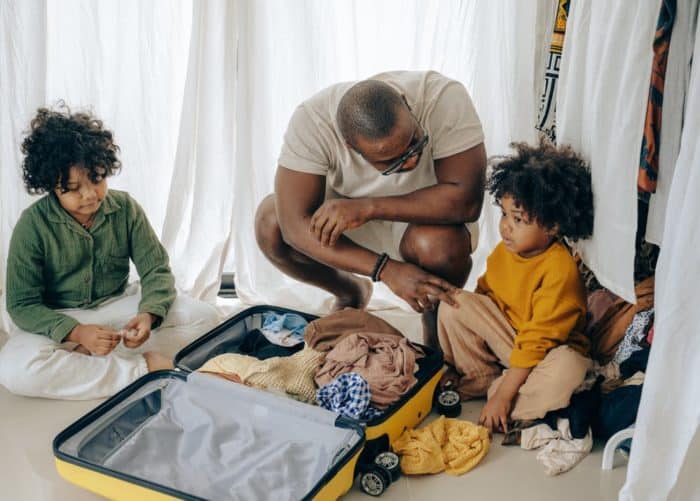Helping Your Grieving Child Cope with ‘Pandemic Fatigue’
By Tracy Hart, LCMHC

It’s been nearly a year since the onset of the COVID-19 pandemic, and very few aspects of daily life are “back to normal.” Recent articles in the media have explored the toll that this extended crisis has taken on many teens and kids. The impact can be even more significant for youth who are also coping with a personal loss that occurred during or prior to the pandemic. You may be seeing your own child struggle with the many changes necessitated by COVID-19 — such as online school, missing socialization with peers, or not being able to see extended family.
As a parent or caregiver, it may be frustrating that you personally have very little power to change the situation. You can’t fix the pandemic itself, of course, and you may not have much control over related stressors in your child’s life. However, the following simple actions can be surprisingly effective in helping kids or teens to cope:
- Problem-solve together for small wins. Whether it’s a tech-related frustration with online school or an ongoing sibling conflict, your child’s anxiety will be reduced when they know they are not alone with the problem.
- When it can’t be fixed, just listen. Children and teens thrive on feeling heard. It can help to use short phrases such as “That sounds like a tough situation,” and then pause to listen again. If your child or teen doesn’t want to talk, let them know that you’ll check in again later.
- Be open to alternate ways of communicating. Your teen may feel too awkward about a face-to-face discussion of difficult topics but might be open to texting with you or creating a video message. For any child who is old enough to read and write, you can handwrite a note and invite them to leave a note in response — maybe even create a treasure hunt to make it fun.
These connection-focused approaches can reinforce the message that no matter what may happen in the external world, your family will support each other as a team.
The good news is that small actions like these can have a significant positive impact on how your child copes with stress over time. Based on what we know about resilience, many kids and teens may “bounce back” once the current challenges and limits imposed by COVID-19 have improved. Research has shown that the presence of a caring and responsive adult is a protective factor, making it more likely that a child can thrive over time regardless of adverse experiences in childhood.
Do You Have Questions for a Kids Path Counselor?
Kids Path offers free phone consultations about how to help children and teens cope with death or severe illness. Call 336-621-2500 (Greensboro) or 336-532-0100 (Burlington) and ask to be connected with a Kids Path counselor.
Tracy Hart is a children’s counselor on the Greensboro campus.

